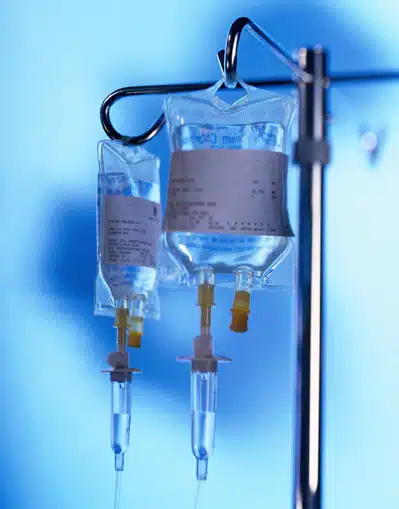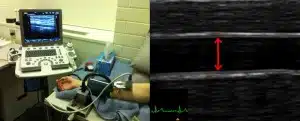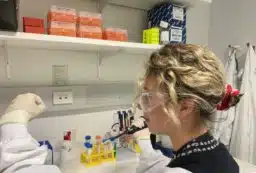Protecting your blood vessels from a damaging high salt meal could be as easy as eating just a cup of mashed avocado or ¾ cup of dried apricots as a side with a large Big Mac meal or a bacon breakfast, according to Dr Natalie Lister of the University of Sydney.
Research performed by Natalie, during her PhD at the University of South Australia, showed blood vessel function was damaged within 2 hours of consuming a high salt meal. However, she also found that potassium (also found in bananas and baked potato skins) was able to protect blood vessel function from the effects of salt.
We already know the damaging effects of salt on blood pressure and the increased risk of heart disease, but simply adding potassium to your meal can help to protect blood vessels, and reduce your risk of heart disease.
“Up to 90% of the salt we eat is in packaged or processed foods that most us wouldn’t think of as salty ̶ like breads, breakfast cereals or canned foods,” explains Natalie. “So even if you’re trying to reduce your salt intake or think you have a low salt intake, you’re probably still consuming more than the recommended amount.”
Australians eat about 9g of salt every day – that’s more the quadruple the daily requirement of only 1-2g. Food Standards Australia New Zealand has set a target to reduce Australians intake to 4g/day, a target we are struggling to meet.
Natalie presented her research at Fresh Science New South Wales 2015.
Fresh Science is a national program that helps early-career researchers find and share their stories of discovery. Over 50 early-career researchers nominated for Fresh Science NSW, which was held at the Australian Museum (training) and Three Wise Monkeys Hotel (public challenge event).
Fresh Science New South Wales was supported by the Australian Museum and the University of New South Wales.
Contact: Natalie Lister, University of Sydney, natalie.lister@health.nsw.gov.au







 Fresh Science is on hold for 2022. We will be back in 2023.
Fresh Science is on hold for 2022. We will be back in 2023.